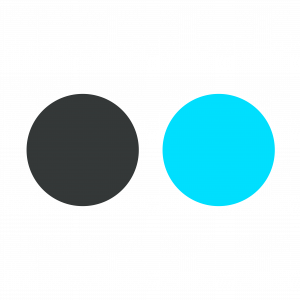14
Hayden Hubbs

Filter bubbles are realms of online communities where users are segregated based on data gathered about our beliefs, likes, and dislikes. Newton (2016) describes filter bubbles as “the idea that personalization tools from companies like Facebook and Google have isolated us from opposing viewpoints, leading conservatives and liberals to feel like they occupy separate realities” (para. 1). These bubbles provide a comfortable space where user’s beliefs are not challenged which in turn leads to an obvious bias of material users consume. Filter bubbles are directly related to surveillance studies because it is through the observation of users that platforms generate filters.
Companies create this trove of data through the collection of data from sources including, likes on social media, what a person is viewing on YouTube, news sources visited, and similar topics searched on the internet. For example, El-Bermawy (2016) claims many millennials use Facebook as their main website for political news. However, “our Facebook feeds are personalized based on past clicks and likes behavior, so we mostly consume political content that are similar to our views” (para. 4). Filter bubbles affect our ability to see and understand different perspectives on a topic. The 2016 United States Presidential election is a recent example of filter bubbles. The political divide is extremely evident in our country today and social media platforms reinforced those partisan differences.
References
El-Bermawy, M. M. (2017, June 03). Your filter bubble is destroying democracy. Retrieved from https://www.wired.com/2016/11/filter-bubble-destroying-democracy/
Newton, C. (2016, November 16). The author of The Filter Bubble on how fake news is eroding trust in journalism. Retrieved from https://www.theverge.com/2016/11/16/13653026/filter-bubble-facebook-election-eli-pariser-interview
